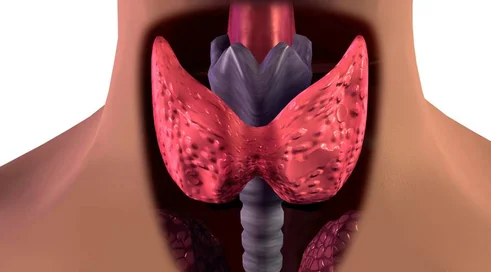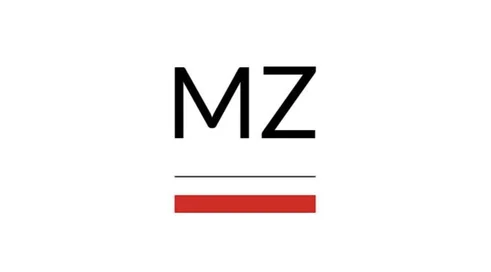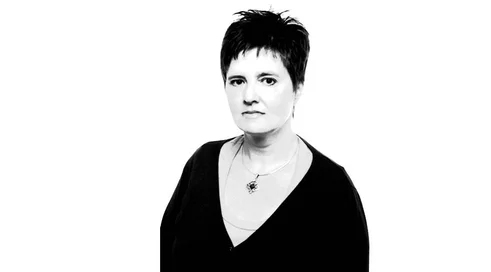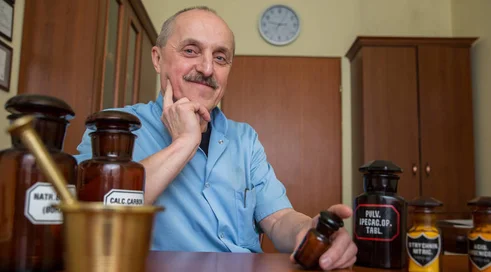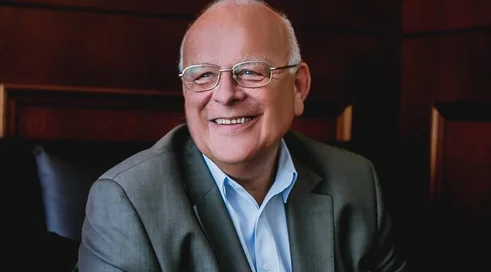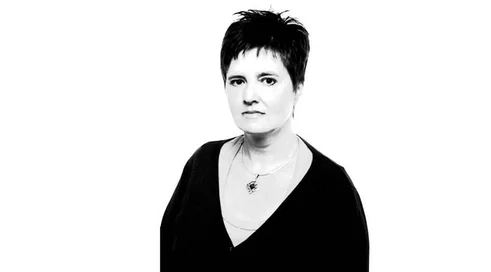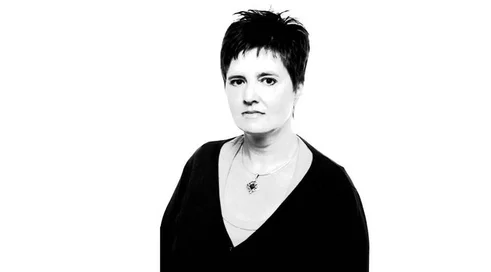Thyroid nodules are a very common thyroid pathology, with an estimated risk of occurrence in the general population of so roughly 5% to 10%, with a much higher incidence in women, increasing in frequency with age, and in areas of greater iodine deficiency. Thanks to advances in technology and the increased availability of high-resolution ultrasound and other imaging modalities, coupled with physicians' increased focus on preventive medicine and not always successful attempts to improve access to health care resources, however, their incidence appears to be higher than estimated. As recent studies suggest, the presence of thyroid nodules can be demonstrated in about 19-68% of randomly selected individuals. As we know, among people in their 40s, statistically one in two people can already be found to have a focal thyroid lesion. And among women over 65, 3/4 of them are found to have thyroid nodules. Fortunately, the vast majority of these lesions - about 95% of thyroid nodules are benign , and fortunately not very common, although with an increasing trend in some areas of the world - thyroid cancer is one of the most successfully treated endocrine system cancers.
Recently reviewing scientific publications on the beneficial effects of natural substances on our thyroid gland including those supporting the fight against cancer of this gland, I decided to recall the results of a study entitled: "Treatment for benign thyroid nodules with a combination of natural extracts.", which literally means: "Treatment for benign thyroid nodules with natural extracts." According to a research paper published in 2019 in the journal Molecular Medicine Reports-using a combination of natural extracts can have surprisingly good results in reducing the size of benign thyroid nodules. However, it is puzzling that no one, after such seemingly spectacular results obtained by the team of researchers, decided to repeat the study on a larger group of people
As a reminder, here's what the aforementioned study looked like:
The inclusion criteria for the study were as follows: patients over 18 years of age, consent to participate in the study by signing an information form, euthyroid status [thyrotropic hormone (T...
Content locked
To gain access to the complete English section of the Medexpress.pl, kindly reach out to us at english@medexpress.pl.




